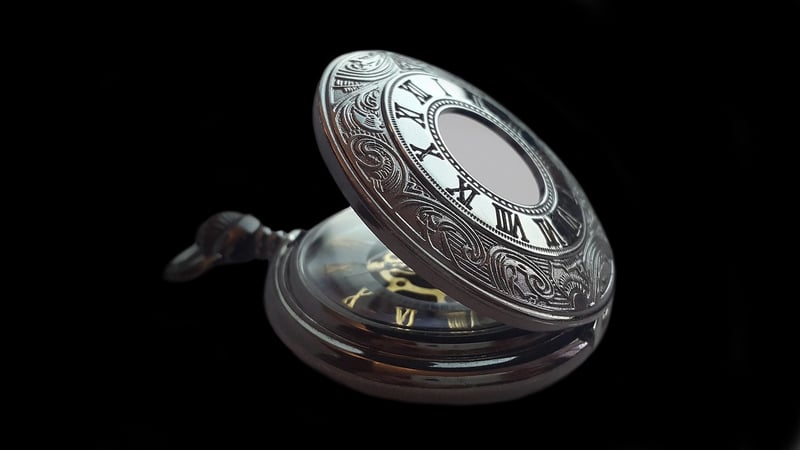Temporal Ethics
Common Questions About Time Travel and Temporal Ethics
Introduction
Time travel has long been a fascinating concept in science fiction, but it also raises ethical questions about the consequences of altering the past or future. In this article, we explore some common questions related to time travel and discuss the ethical implications of changing the course of history.
1. Is Time Travel Possible?
While time travel remains a theoretical concept, some physicists believe it could be possible in the future. Theories like wormholes, time dilation, and the twin paradox offer potential ways to traverse time, but practical applications are still beyond our current technological capabilities.
2. What are the Paradoxes of Time Travel?
Time travel paradoxes, such as the grandfather paradox and the bootstrap paradox, raise thorny issues about causality and the potential for altering the past. These paradoxes suggest that changing the past could lead to logical inconsistencies and create a never-ending loop of events.
3. Should We Change the Past?
While the idea of fixing past mistakes or preventing tragedies may seem noble, the consequences of altering the past can be unpredictable and have far-reaching effects. Ethical considerations come into play when deciding whether to intervene in historical events and the potential impact on the timeline.
4. What Are the Ethical Implications of Time Travel?
Temporal ethics involves considering the moral implications of time travel and the responsibilities that come with manipulating past or future events. Questions of causality, free will, and the preservation of the timeline raise complex ethical dilemmas that have no easy answers.
5. How Can We Ensure Ethical Time Travel?
Developing guidelines and ethical frameworks for time travel, if it ever becomes possible, will be crucial to minimizing negative consequences and preserving the integrity of the timeline. Considerations of fairness, consent, and the greater good must inform any decisions about temporal interventions.
Conclusion
Time travel sparks our imagination and curiosity, but it also challenges us to think deeply about the ethical implications of altering the course of history. As we continue to explore the possibilities of time travel, we must approach the concept with caution and a keen awareness of the potential consequences.

For further reading on time travel and temporal ethics, you can check out Stanford Encyclopedia of Philosophy - Time Travel.
